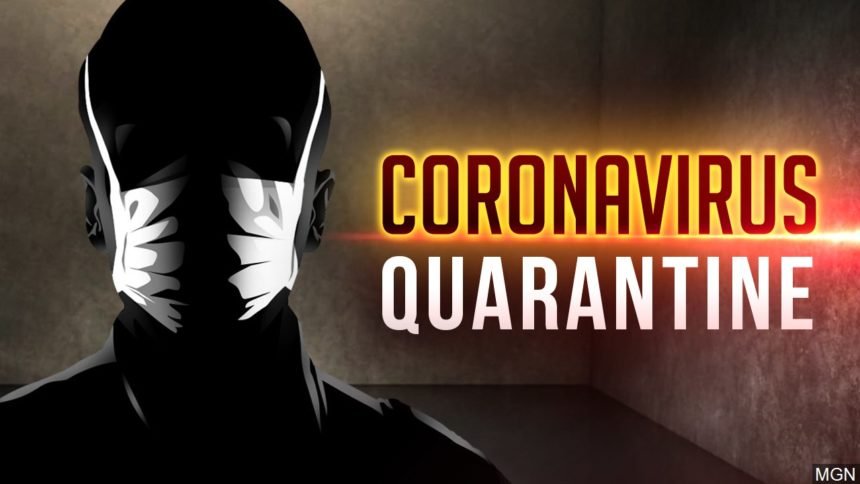When and how to quarantine

POCATELLO, Idaho (KIFI/KIDK) - “Do I need to quarantine?” It’s a question Southeast Idaho Public Health’s COVID-19 hotline employees are answering hundreds of times a day.
While the ultimate answer changes call to call and person to person, they all almost start the same with an, “It depends.”
Before getting into “when and who” needs to quarantine, let’s start with the “why.”
Quarantine helps prevent spread of disease that can occur before a person knows they are sick or if they are infected with the virus without feeling symptoms.
The goal is to prevent you from inadvertently spreading the virus to others by separating yourself long enough to determine whether or not you're infected and showing symptoms.
People in quarantine should stay home, separate themselves from others, monitor their health and follow directions from their local public health office.
When do you need to quarantine?
After you have close contact with someone who has COVID-19. Here is what counts as close contact:
- You were within 6 feet of someone who has COVID-19 for a total of 15 minutes or more
- You provided care at home to someone who is sick with COVID-19
- You had direct physical contact with the person (hugged or kissed them)
- You shared eating or drinking utensils
- They sneezed, coughed, or somehow got respiratory droplets on you
Who needs to quarantine?
People who have been in close contact with someone who has COVID-19 — excluding people who have had COVID-19 within the past 3 months. People who have tested positive for COVID-19 do not need to quarantine or get tested again for up to 3 months as long as they do not develop symptoms again. People who develop symptoms again within 3 months of their first bout of COVID-19 may need to be tested again if there is no other cause
identified for their symptoms.
If you have been exposed to someone with COVID-19 there are steps you can take.
- Stay home for 14 days after your last contact with a person who has COVID-19. You should avoid leaving your home and limit interactions with others especially people who are at higher risk for getting very sick from COVID-19.
- Monitor your health and watch for symptoms such as fever, cough, shortness of breath, fatigue, body aches, headache, new loss or taste or smell, sore throat, congestion or runny nose, nausea or vomiting and diarrhea.
- Answer the call from the Southeastern Idaho Public Health’s contact tracers.
- Practice good hygiene
- Wear a cloth face covering if you must be around others.
Even if you test negative for COVID-19 or feel healthy, you should stay home (quarantine) since symptoms may appear 2 to 14 days after exposure to the virus.
For more information about when to quarantine, click HERE.
As always, SIPH's call center stands ready to field questions from the community and is open Monday-Friday 9:00 a.m. to 4:30 p.m. You can reach the hotline at (208) 234-5875.
For southeast Idaho specific information about the novel coronavirus, click HERE.
For Idaho-specific information about the novel coronavirus, click HERE.
Join SIPH Monday-Friday at 11 a.m. for Facebook Live HERE.
